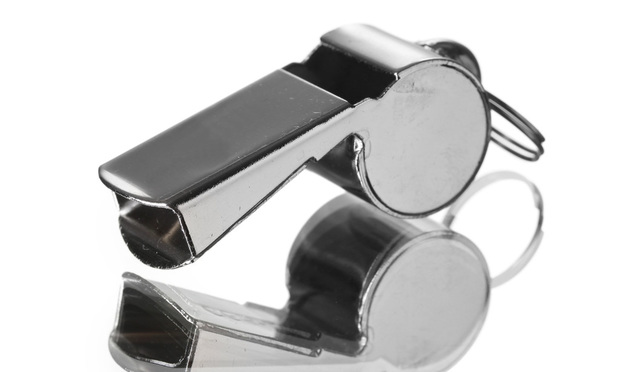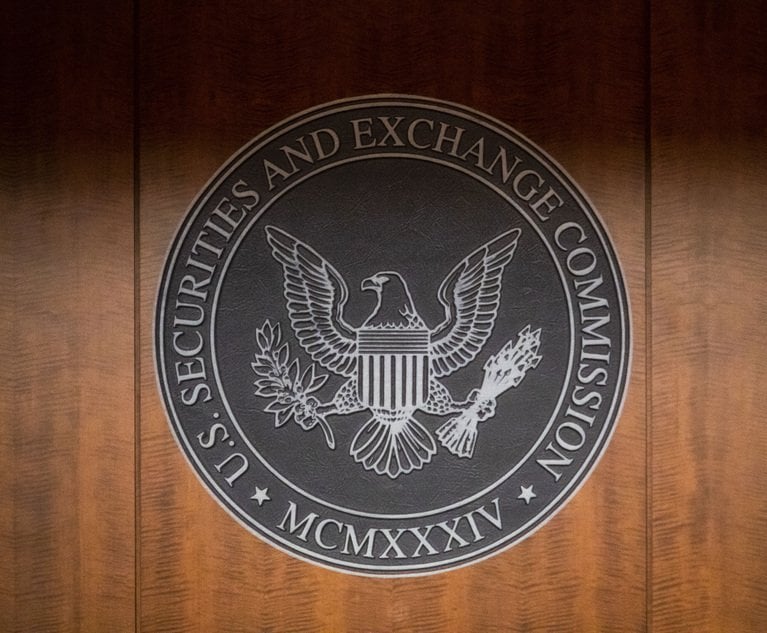Imagine you own a company, and your chief compliance officer one day “blows the whistle” and alleges your company broke the law. After she leaves your company, you receive a demand letter from her attorney alleging that you have retaliated against her for blowing the whistle. You then discover that she sent dozens of highly confidential company documents to her personal email account, and that she is now using those documents to support her case. Can she really do that?
It depends. Despite an explosion of whistleblower litigation over the last decade, this basic question remains hotly contested. In mid-October, a federal district court in the Ninth Circuit plowed some new ground, but, at best, courts have provided partial (and sometimes contradictory) answers. To make sense of this important and sensitive issue, this article summarizes what we can learn from a few of the highest-profile cases that have come down within the last year. Ultimately, the pattern that emerges is of a federal judiciary which still has a lot of work to do, but which is slowly developing a body of case law that puts some important limits on whistleblowers’ ability to use company documents to support their cases. This matters—whether a whistleblower can use a handful of hot, confidential company documents can sometimes make the difference in a multimillion dollar lawsuit.










